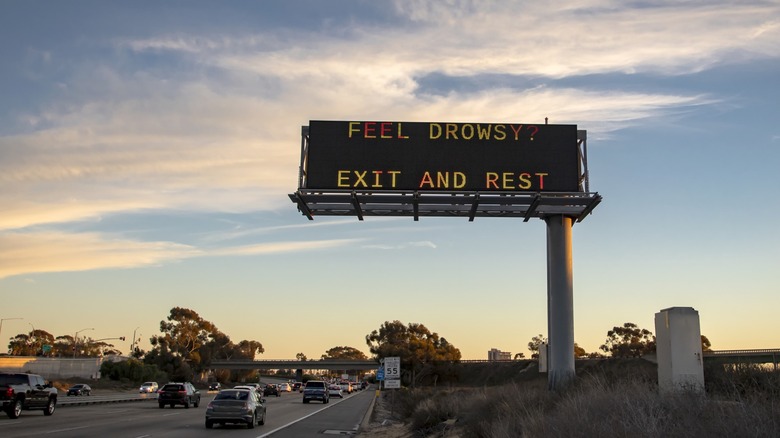Travel Guides Road Trips
Shelly Abramovich
We’ve all been there at some point — the long stretches of highways, perilous late-night navigation, and the undeniable thrill of the open road. The freedom and exhilaration of a road trip are unmatched but often come with a less thought-about but crucial aspect — how many hours in a day can you actually drive on a road trip? It takes considerable energy to sit behind the wheel for hours at a time, driving from one point to the next in unfamiliar places and doing all of this at various hours of the morning, day, or night.
Road trips are often scheduled and budgeted, and while the allure of reaching the destination quicker might be tempting, it’s vital to remember that safety on the road should always be the primary concern. To keep yourself, your travel partners, and others on the road safe, it is recommended to hit the brakes on your driving time at 8.5 hours per day and no more than that. Adhering to this limit will not only significantly benefit your health and safety but also improve the overall experience of your road trip.
The impact of extended driving on your road trip

Frank Armstrong/Getty Images
It’s no secret that long driving hours increase the risk of traffic accidents. In fact, the National Highway Traffic Safety Administration (NHTSA) reported that fatigue-related crashes are directly linked to the number of hours spent behind the wheel. The inherent problem with driving for extended periods results in fatigue, leading to slower reaction times, reduced vigilance, and impaired decision-making abilities.
According to the CDC, being awake for 17 hours straight makes you drive as though you have a blood alcohol level of .05 and .10 after being awake for a grueling 24 hours, where .08 is considered legally drunk. Indeed, drowsy driving can be just as dangerous as drunk driving, causing approximately 100,000 crashes annually in the U.S. alone.
Driving for longer than the recommended amount is not only unsafe but also not particularly enjoyable. Spending all day on the road, especially multi-day road trips, will make you feel tired, irritable, and overexerted. By the time you arrive at your destination, you may not even have the energy to explore it.
Optimize your driving time for a better journey

Ascentxmedia/Getty Images
Adjusting your itinerary to an 8.5-hour maximum driving time will allow you to take essential breaks, refuel, and rejuvenate. More importantly, it gives you time to sightsee and make lasting memories on your journey! Make a stop at a national park, grab a bite at a regional restaurant, check out a quaint small town, or nap at a unique motel.
If your road trip is not on a tight schedule, why not take scenic routes? A slow ride through the mountains or a wavy one by the coastline certainly beats cruising down the interstate, with the only possible panorama being other cars and asphalt roads. On the other hand, if it is imperative to clock in as many miles per day as humanly possible to reach your destination, a practical solution would be to split your driving time with a fellow traveling partner. Sharing the task of driving can significantly reduce fatigue and improve focus. Make a mutual agreement on driving shifts and rotate as you go along.
By planning, taking regular breaks, and listening to our bodies, we can enjoy the journey as much as the destination without putting ourselves and others at risk. Drive safe, arrive safe.

